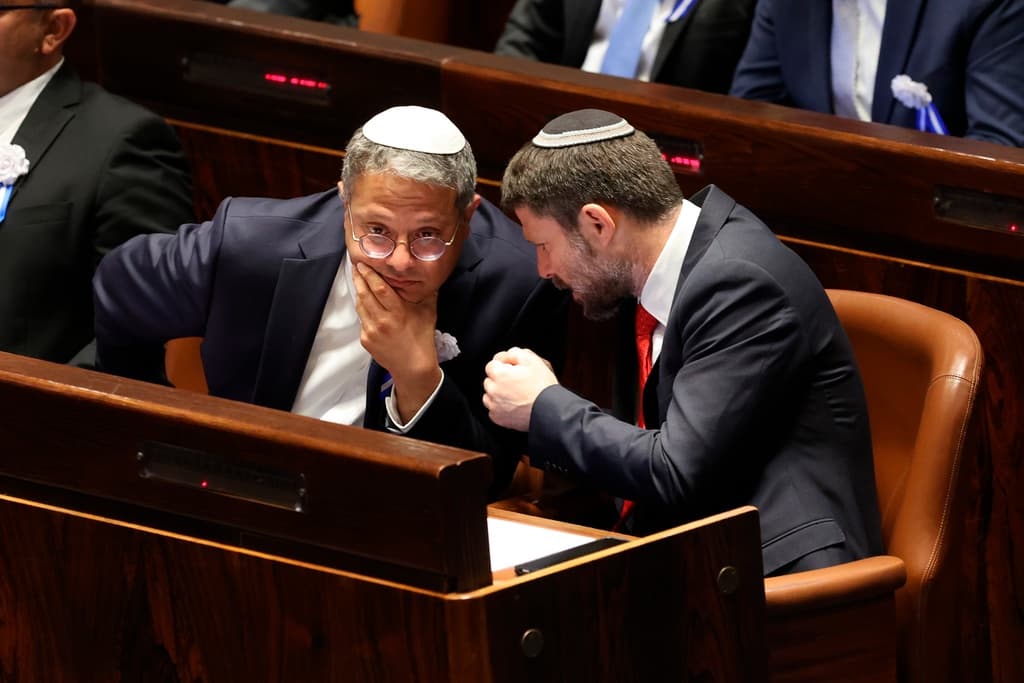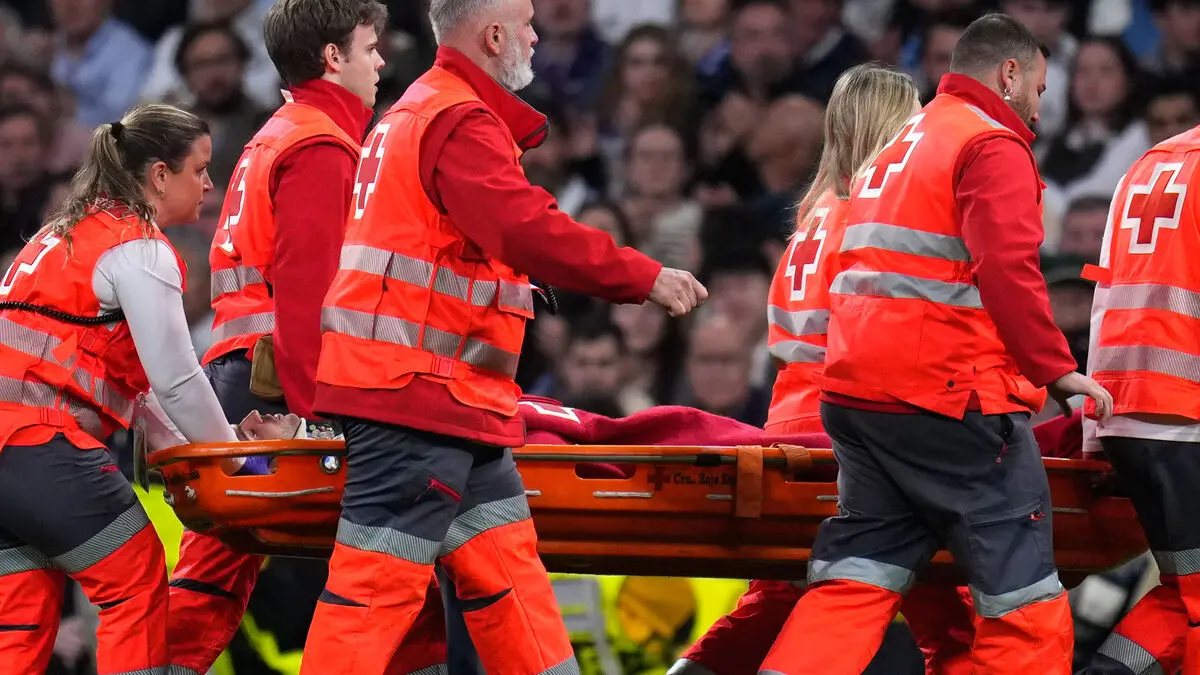The disappearance of Israel's war cabinet is ominous, both for the hostages in Gaza and for the war as a whole. The risk is now increasing that the conflict with Lebanon will escalate with full force.
Then it will go badly, says Lieutenant Colonel Anders Ekholm at the Defence University.
The war cabinet was created in connection with the unity government that Israel formed to conduct the war following the Palestinian Hamas terror attack on 7 October. The fact that it is now disappearing is a formality, given that opposition leader Benny Gantz recently jumped out of the joint government.
Actually, Netanyahu is saying that now the war, so to speak, will be led by the coalition, says Ekholm.
Anders Ekholm himself visited the Israeli military, the IDF, during the Gaza War, and sees it as the disappearance of an important restraining force in decision-making.
Disputed tactic
In the government coalition, the far-right ministers Itamar Ben-Gvir and Bezazel Smotrich have great influence. They are more or less open advocates of the "Hannibal doctrine", a highly disputed tactic that aims to prevent hostage situations at any price – even if it means sacrificing lives on one's own side.
My analysis is that then the goal of destroying Hamas will take precedence over freeing the hostages, says Ekholm.
He explains that at the beginning of the war, Israel's two main goals were easier to combine. They wanted to defeat Hamas and free the hostages, and the attacks could be designed with the hope of success in both cases.
Holding back
As time has shown, this is not the case. A growing number of people in the Israeli hostage group held by Hamas have been killed in the battles.
If the "hawks" now become stronger in Israel, it could lead to an even more brutal war – with risks for civilians on all sides.
And this applies especially to the north, in the still relatively low-intensity war against Hamas' ally Hizbollah in Lebanon. According to Ekholm, Gantz and his ally Gadi Eisenkot, both former chiefs of staff, have been holding back Israel's response to Hizbollah's rocket attacks there.
I am actually surprised that it is not full-scale war there.
"Terribly violent"
But the restrictive factor is now gone. And this along a front where Hizbollah, with Iran's help, has built up an arsenal of weapons many times larger and more advanced than Hamas. So far, it has not been fully utilised.
I believe they understand, and above all, so does Iran, that if you play that card – well, then it's played, so to speak.
From a human life perspective, it will go badly. It will be terribly violent.






